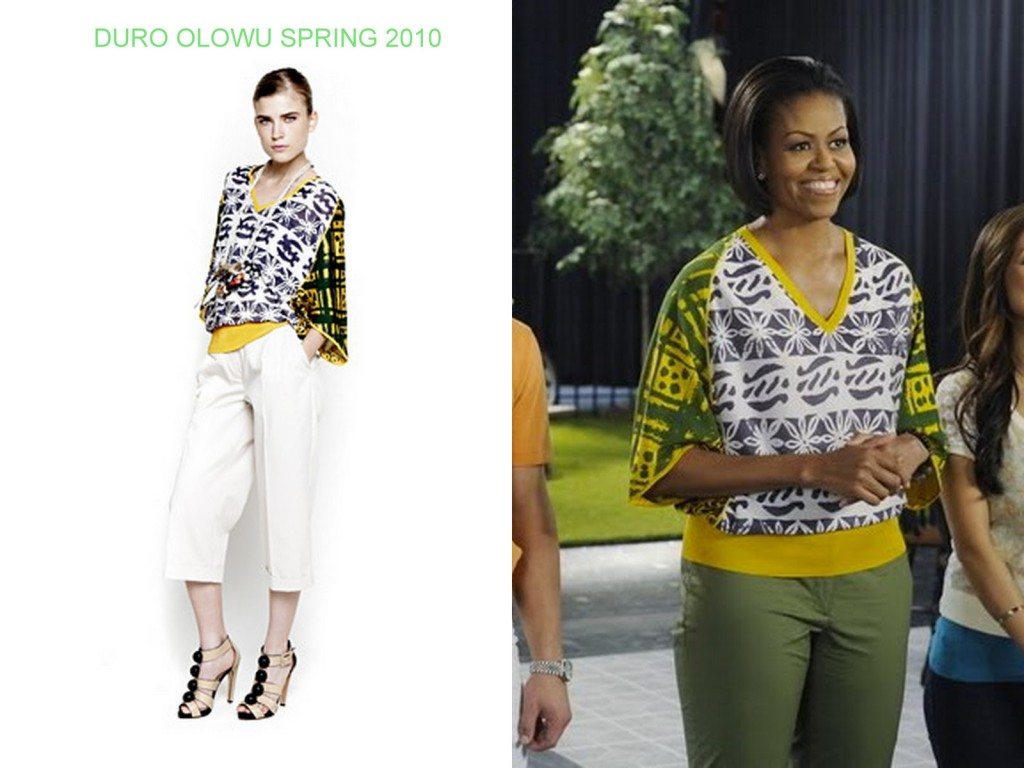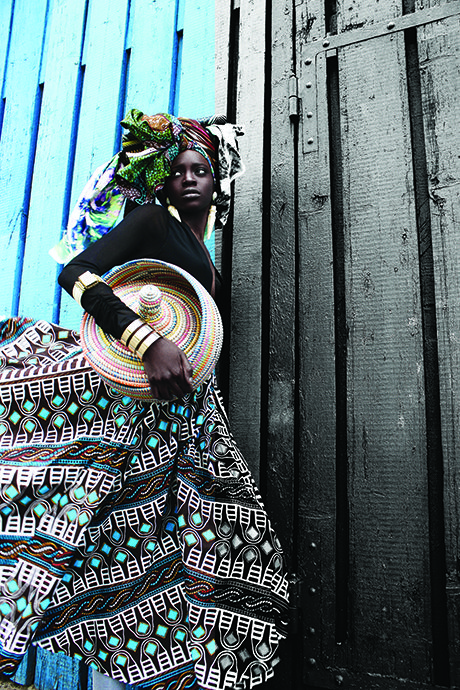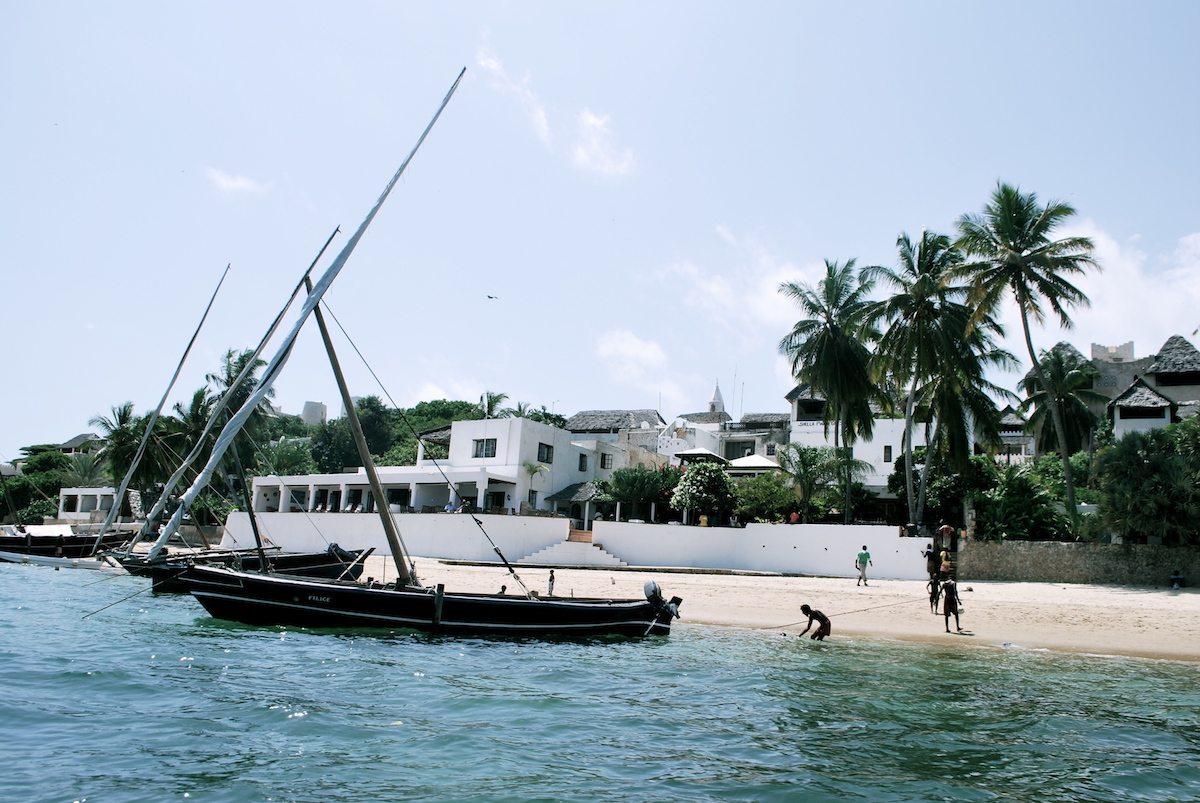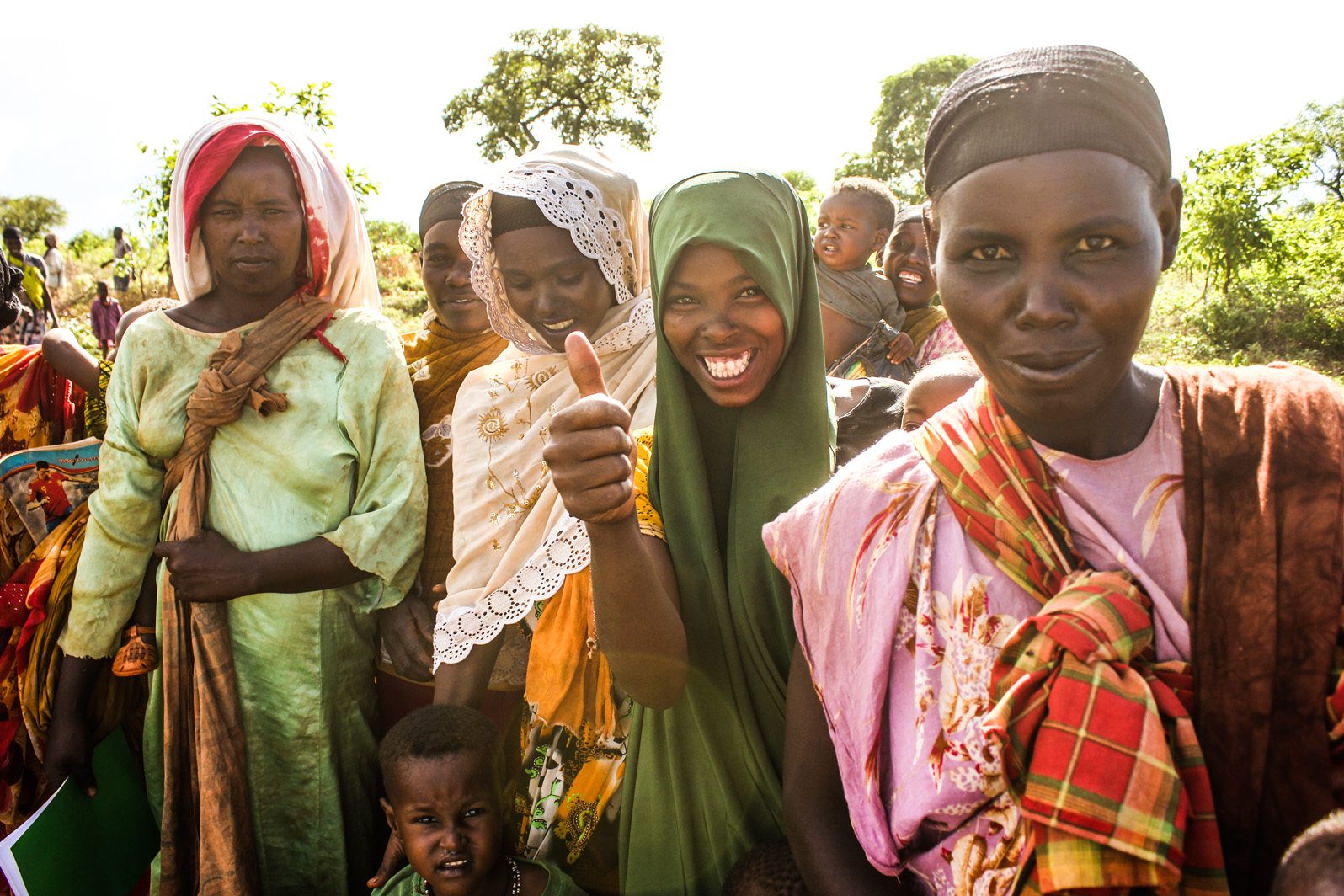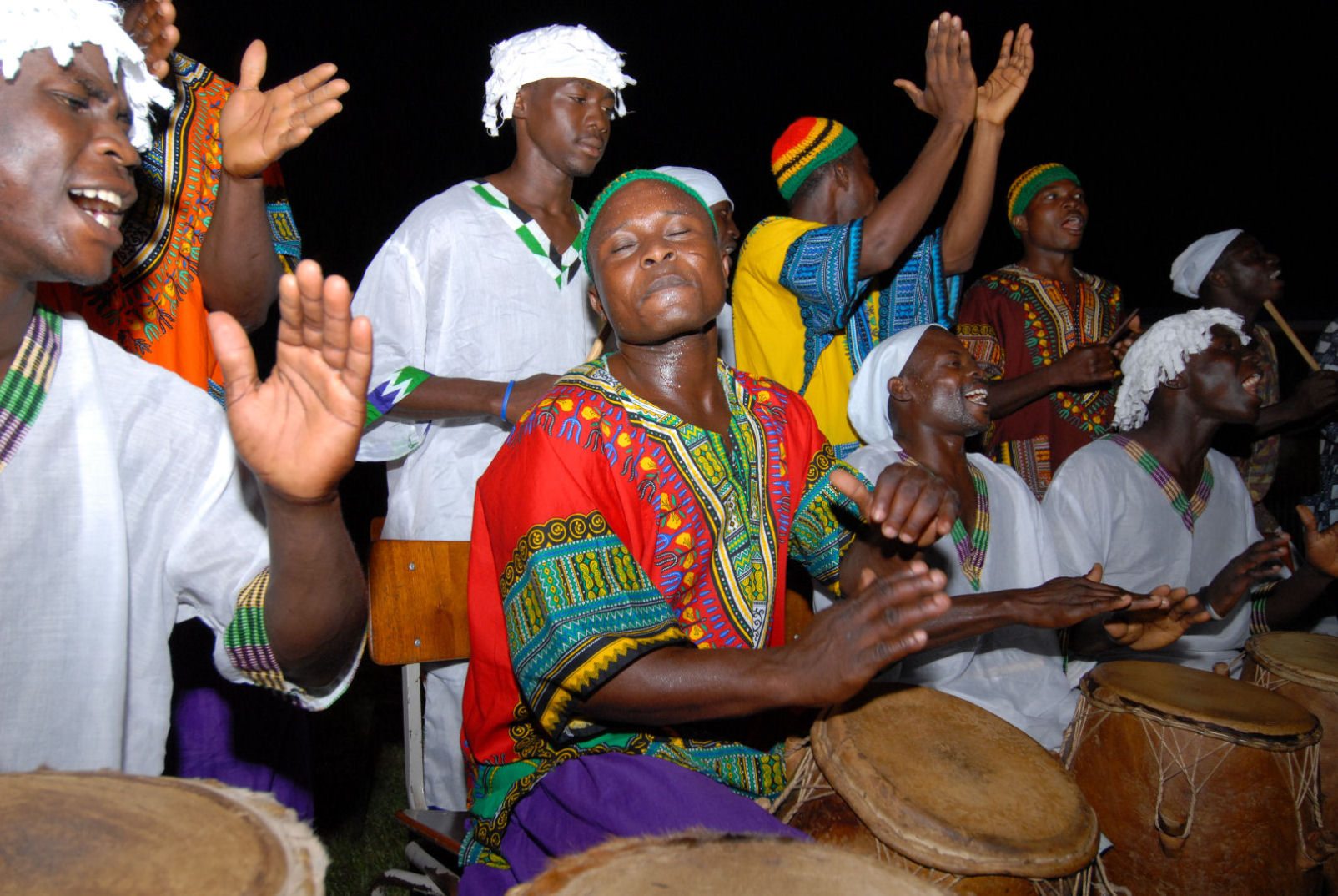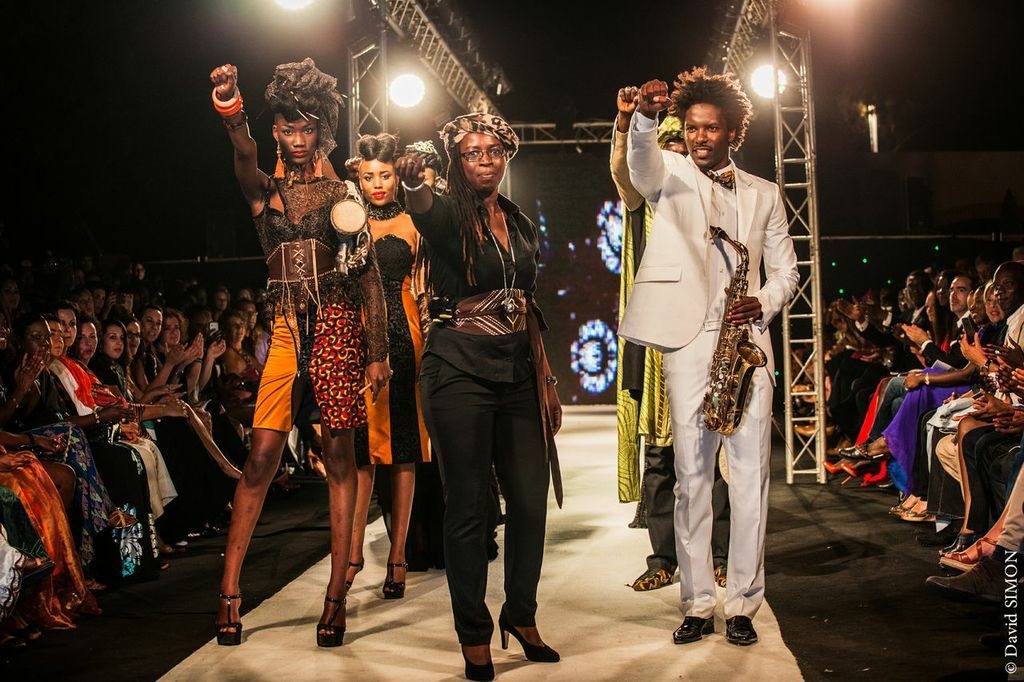
Dakar Fashion Week: A Cultural Awakening For Senegal
Once a year the entire fashion world turns its eye on Paris for its annual Fashion week. It is a huge event for designers, models, shoppers and fashion enthusiasts all over, but Dakar Fashion Week, usually overseen by the media, has shook cultural boundaries and inspired Senegal’s youth.

This past June for the twelfth time the Dakar Fashion Week launched with resounding success. This groundbreaking event that has truly taken the continent by storm has been quietly growing and improving each year since its inception. Not only great for the economy, it has also given a chance for many talented young artists to display their work on a strong and exciting platform. A large number of them are from Senegal, the host nation itself, but it would be unfair not to include the many fantastic creators from all over the continent. This fashion event does more than just display the new designs; it goes beyond that, obliterating social and cultural biases, showing Africa that you can keep traditions alive by finding new and innovative ways to bring them into the 21st century.
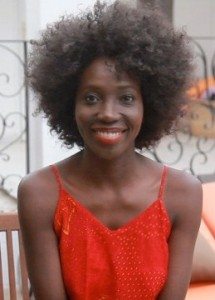 Adama Ndiaye, better known as Adama Paris (which is also the name of her label), is the organizer of Fashion Week as well as one of its better known designers. Her parents were diplomats and she was raised in Europe. She left a very promising banking career in order to come back to her roots and create her very own brand of clothing. She describes it herself as being a modern twist on traditional principles in order to give women all over the globe a style which knows no borders. She adores the warmth and color palette of the traditional Senegalese culture but felt the cuts needed to be improved to reach the new modern women that live and work in big cities.
Adama Ndiaye, better known as Adama Paris (which is also the name of her label), is the organizer of Fashion Week as well as one of its better known designers. Her parents were diplomats and she was raised in Europe. She left a very promising banking career in order to come back to her roots and create her very own brand of clothing. She describes it herself as being a modern twist on traditional principles in order to give women all over the globe a style which knows no borders. She adores the warmth and color palette of the traditional Senegalese culture but felt the cuts needed to be improved to reach the new modern women that live and work in big cities.
In Africa, tradition and religion are seared into the fabric of society. This is a great strength and helps to keep continuity without its borders but it creates weaknesses that are hard to overlook. This strict code has a tendency to curb progress and an inclusiveness that is necessary in any and all walks of life. This was the case of Oumou Sy. She comes from a very traditional and orthodox Islamic household and was never given the chance to learn to read or write. She needed to fight against these cultural barriers to not only become one of the most well-known designers in all of Africa, but has opened the doors to her very own designing institution, the Leydi school, where she takes in young women and trains them in the art of design, and offers guidance and encouragement to them regardless of cultural background, giving them a chance to stand and lead Africa’s youth to new heights.
The Dakar fashion week has been great for Senegalese designers and has been able to share the spotlight with artists from all over the continent. Bea Arthur, who was born in Accra and raised in the Ukraine, is a true revelation and very promising for the future of African fashion. Some have already left the continent and attracted the eyes of fashion enthusiasts all over the world, like the Nigerian Duro Olowu whose clothes can be found in Europe as well as the United States, where even the first lady, Michelle Obama, has been photographed wearing his creations on more than one occasion. Artists of lesser known reputation but on par as far as talent have blessed the runways with their great pieces, including Otinguema’s amazing blend of classic and modern clothes which are a breath of fresh air, as well as Eric Raisina, Bujoice and Fagueye.
Fashion in Africa is much more than just the clothes being displayed. It is a manifestation of the growth of the continent as well as the evolution of its youth. Breaking traditional barriers and generating an atmosphere of welcome and creativity can only do good to a continent that is so well known for its problems. These problems still seep through and Fashion requires knowledge of different fields, so it should be invested in, but this is something that African governments have failed to do. Hopefully with the continuing rise of quality and popularity it will shake them and make them realize how important this could be for Africa, for its youth and for its future.



